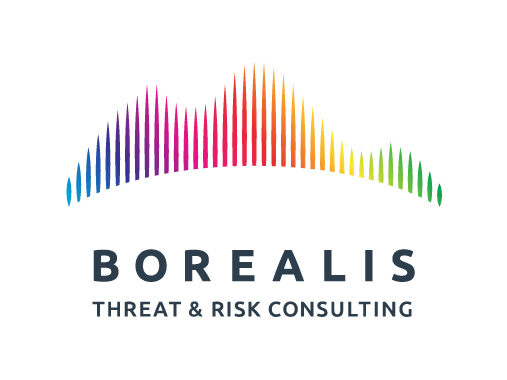Some of my readers may be surprised, but terrorist groups are a novelty in Canada, when it comes to our legal system.
No, terrorism is not new and spans back to our very founding as an independent nation. Father of Confederation Thomas Darcy McGee was assassinated in April 1868, before Canada’s first birthday, by an alleged Fenian, a group of Irish American terrorists who sought to invade Canada to put pressure on Britain to grant Ireland independence (all to be discussed in an upcoming book – stay tuned!).
Then there was the FLQ in Quebec in the 1970s (hundreds of bombings in Montreal, the kidnapping of a UK trade representative and killing of a provincial minister), Armenian terrorists who shot dead a Turkish military attaché in Ottawa in 1982 over the Armenian genocide by the dying Ottoman Empire in 1915-1916, and of course Air India, the bombing of two aircraft in 1985 by Canadian Sikh terrorists who sought to punish India over the Golden Temple storming the previous year.
From a legal perspective, however, terrorism was not an offence in Canada until 2001 when the Anti-Terrorism Act was passed post 9/11. Prior to that, terrorist killings were seen as murder, I guess.
Around the same time, the Chretien government initiated the “terrorist listing process”, a way to proscribe certain groups and lay charges against those who joined up or supported them in other ways. CSIS was responsible for drafting each organisation’s profile, based on intelligence – although the listing was public and backed up by open-source information (now known as OSINT). I actually wrote the first Al Qaeda (AQ) listing in early 2002. There are currently 78 groups listed as such.
Most of the organisations on today’s roster are, not surprisingly, jihadist in nature. Heck, there are nine ‘branches’ of Islamic State (ISIS) alone! This, of course, represents the reality that worldwide this brand of terrorism represents the single greatest threat, a statement backed up by ample data (trust me!).
What, then, stands in the way of a new group added? Good question, as the Opposition in Parliament wants to know why Samidoun, which claims to “work to build solidarity with Palestinian prisoners” and has chapters in Toronto and Vancouver, is not yet proscribed. Among Samidoun’s more recent actions in our country are support for Hamas (a listed terrorist entity) and Popular Front for the Liberation of Palestine or PFLP (a listed terrorist entity), as well as the organisation of a march where ‘Death to Canada” was shouted. Not a model citizen group, is it? By the way, Samidoun IS listed in Germany. And in the Netherlands too. What do the Germans and Dutch know that we don’t here in Canada?
When Opposition leader Pierre Poilievre, who promised to add Samidoun and the Houthis as listed entities when (if?) he become Prime Minister, asked the governing Liberals what the delay was, Jennifer O’Connell, parliamentary secretary to the public safety minister, said, and I quote: “When it comes to listing of terrorist entities, the members opposite know full well it is not a political decision.”
This would be funny if it were not true. Those same Liberals listed the Proud Boys (PB), a bunch of right-wing knobs who could not organise a piss-up in a bar, nanoseconds after the January 2021 mob at the US Capitol (at which some US PB were in the crowd). The Canadian chapter has not carried out a SINGLE act of violence in our fair land, nor even threatened to do so. As for Samidoun…
So, this is NOT political? Sure it is! The government has pandered to anti-semitic gangs since last October 7 (the Hamas massacre and sexual mutilation of over 1000 Israelis) and cannot make up its mind who is more at fault: a jihadi group bent on the annihilation of Israel or a modern state defending itself (albeit with gross errors in proportionality vis-à-vis deaths of Palestinians, although Hamas’ tendency to hide amongst civilians does complicate a military response). A quick decision to list Samidoun is not rocket science.
In the end, I for one see the listing process as essentially a bureaucratic exercise. We investigated terrorism before it came into existence and do not need it to do our jobs. But, if we are to maintain such a list, should we not do it right?

